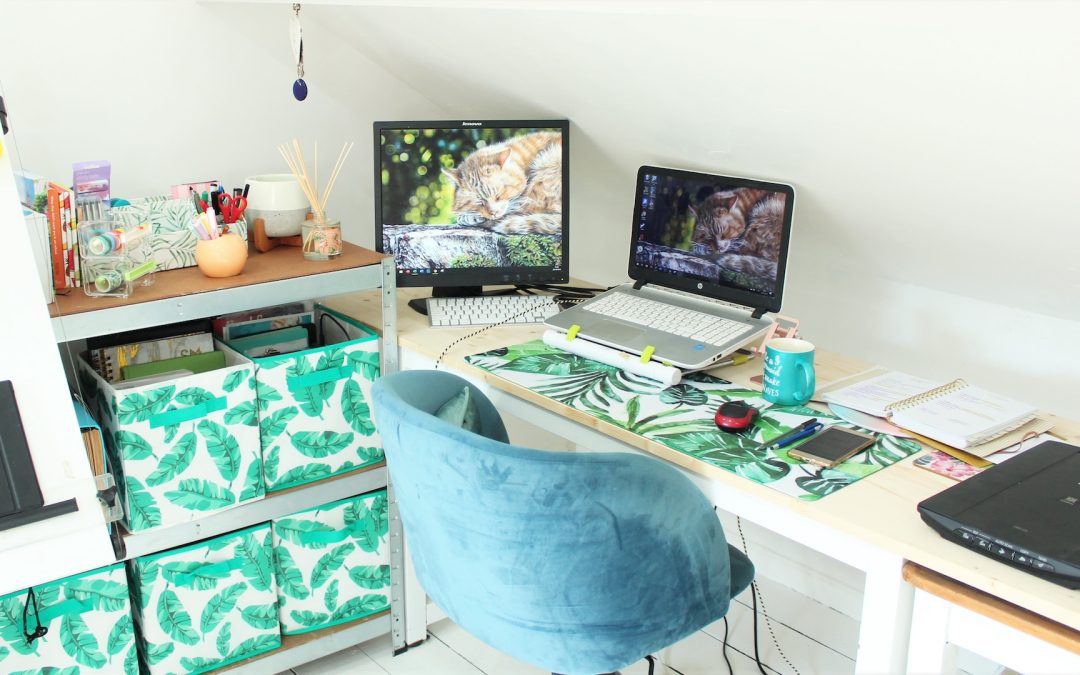Do you have several boxes of photos and family memories that you would like to digitize? If you are like most Americans, you likely have several packets of developed film from the 1970s through the early 2000s that are collecting dust in the attic. You might also have VHS tapes that you can no longer play, slides handed down from an aging relative, and other old media that you don’t know what to do with.
Can you use a scanner to digitize old photos instead of a professional photo and slide scanning service? Absolutely. But that doesn’t mean this is the best option for your digitization project. Here is what you need to know.
Pros of Using a Scanner to Digitize Old Photos
There are multiple reasons to consider investing in photo scanning technology to complete your digitization project. Here are a few benefits of looking into these kinds of tools:
- You can scan photos quickly. The most advanced scanners for old photos can digitize up to 80 pages per minute, which is essential if you have hundreds of photos to scan. This beats using a photo-scanning smartphone app where you can only digitize one picture at a time.
- You can complete the project on your schedule. Once you have the scanner, you can digitize photos in your free time. There’s no hurry to complete this project and you can work on it over several months.
- You can resell the scanner or give it to another family member. Once you are done with the project, you don’t have to hold onto the hardware. You can recoup some of your costs by selling the unit or hand it off to a relative who also wants to digitize their old memories.
Using a scanner to digitize old photos is a good option if you are able to stay focused on a project and complete it in a timely manner. However, if you or your significant other have a habit of getting bored with projects when they are half-finished, this might not be an ideal process for you.
Cons of Using a Scanner to Digitize Old Photos
Before you start comparing different scanner brands, know that there are some drawbacks to choosing this method. Many of the customers who work with Memory Fortress started out with the goal of using a scanner for digitizing old photos and then changed their minds partway through the project. Here’s what you need to know.
- Photo scanners can get expensive. You can expect to pay around $200 for a standard scanner and more than $500 for top-of-the-line models. That’s a lot of money for something you will only use for one project.
- They can only digitize photos. If you have several forms of media in your house (camcorder tapes, film rolls, scrapbooks, and pictures in albums) you won’t be able to complete your project with one device. You will have to look for other methods to digitize the rest of your memories.
- You have to do the work. You will have to sort, scan, label, and organize your scans to complete the project. This means you are spending your money and your time on a project that you could hand off to someone else.
While many organized homeowners are able to contain their scanning projects in one area, the boxes of photos and videos will take up space. You might find that you lose your dining room table or guest room while you work on this photo-scanning project by yourself.
Can you scan photos with a printer scanner?
One of the most common questions regarding using a scanner to digitize old photos is whether you can use the existing scanner that comes with your home printer. Yes. Your printer should be able to scan individual photos so you can work on this project without having to invest in extra technology to complete it.
However, using your home printer to scan photos can become tedious. These machines are meant to scan documents and paperwork – not individual photos that can be saved as unique files. Depending on the model you have, you might need to prompt the machine, scan the photo, save the image, and repeat the process for each individual print.
To see what the process is like, do a test run with 10 or so print photos. How do the scans look? How easy is it to scan and save each image? And how long did the 10 photos take to scan? If you have hundreds of photos to digitize, using a scanner for old photos might not be the easiest way to complete your project.
An Alternative to Using Photo Scanners
There is an alternative to investing in a scanner to digitize old photos: send them all to us. At Memory Fortress, we specialize in scanning all forms of media, from the cassette tapes you use to record your wedding in the 90s to the polaroid prints from the early 2000s. Our employees frequently receive boxes of mixed media that all need to be digitized, saved, and sent back to customers.
Here’s how the process works: you pull together all of the media you want to be digitized within your home. Then place an order with Memory Fortress to let us know what to expect. You don’t even have to count all of the photos and film rolls – just give us a ballpark estimate of the order size so we’re ready for you. Ship your photos to our Atlanta-based office and you’re done! We will take it from there.
Our company has a vast array of photo scanners and digitizing tools. We invest in the latest technology to scan images quickly without sacrificing quality. Our team also handles the family memories of clients every day, so they are experts in completing large projects.
We expect that your photos will be scanned and ready for you within five business days of receiving the order. From there, you will pay for your images and we will ship the originals back to you. You can save several hours on your digitization project by letting someone else do the heavy lifting.
Start Your Order With Memory Fortress
If you are on the fence about buying a photo scanner to digitize old photos, look into a scanning service instead. You don’t have to pay for a scanner and take on this project by yourself. The best part about working with our team is that you don’t even have to pay for the scans upfront. All we ask is for a $29 deposit to start the work.
Start your order today and preserve your family memories without taking on a major project.
We digitize everything right here at our facility in metro Atlanta, processed by US citizens.






